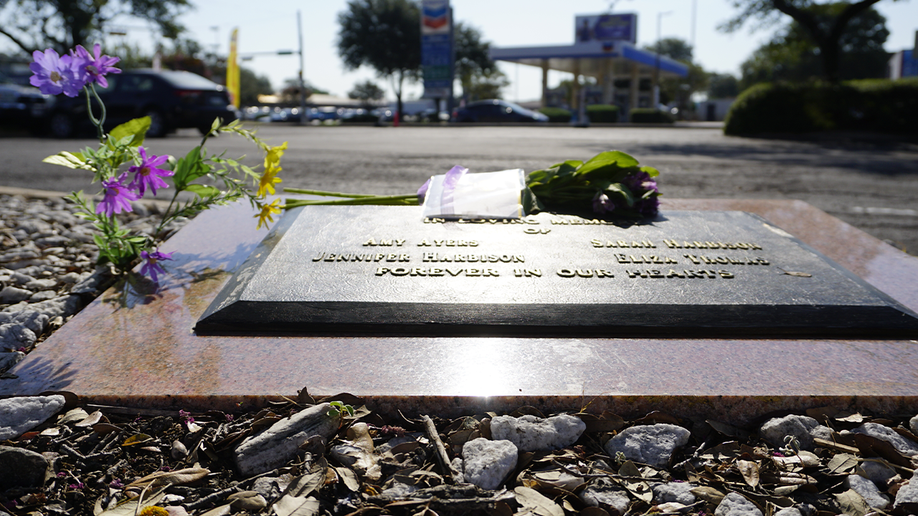Over 30 years after four teenage girls were brutally murdered in an Austin yogurt shop, a crime that shocked the city and remains unsolved, a new HBO Max docuseries is bringing renewed attention to the case.
On December 6, 1991, firefighters responding to a fire at the I Can’t Believe It’s Yogurt shop discovered a horrific scene: the bodies of Eliza Thomas, 17; sisters Jennifer, 17, and Sarah Harbison, 15; and Sarah’s friend Amy Ayers, 13. Each victim had been shot in the head. Authorities believe they were bound, some were sexually assaulted, and the fire was deliberately set to eliminate evidence. The incident deeply affected Austin, described by a Texas lawmaker as a city that “lost its innocence” that night.
Rep. Michael McCaul, R-Texas, recalled to Fox News the shock felt in Austin at the time, highlighting the city’s small-town nature back then. McCaul, a former Texas deputy attorney general and federal prosecutor, introduced legislation enabling families of cold case victims to request federal reexamination of cases older than three years. Known as The Homicide Victim Families’ Rights Act, the law mandates that the federal government must inform families of their right to petition for case reviews, McCaul explained.
The case initially pointed to 17-year-old Maurice Pierce, found with a gun matching the murder weapon’s caliber. His arrest led to the questioning of Michael Scott, Robert Springsteen, and Forrest Wellborn. Over eight years, three confessed at various times to involvement in the killings. Scott and Springsteen were convicted in 2001 and 2002, but their convictions were overturned due to unreliable interrogation practices and insufficient physical evidence, including no DNA matches.
By 2009, both were released, and charges were dropped. Pierce and Wellborn were never convicted, and no one has been held responsible for the murders. Investigators reviewed over 1,200 potential suspects, frequently encountering false confessions. In 1992, a biker gang leader in Mexico was suspected but later exonerated after revealing his confession was coerced through torture. Attention returned to the initial suspects, but without conclusive physical evidence, the case collapsed in court.
In 2020, a DNA test reportedly linked evidence to an unknown male, reported by the Austin American-Statesman. The FBI has a sample from the individual, but legal barriers have prevented Austin police from accessing it.
Detective Dan Jackson, who resumed the case in 2022, told USA Today that the initial firefighting efforts destroyed vital evidence, but he remains hopeful. Jackson expressed his belief in the potential to solve the case, citing the advancements in technology since the crime occurred.
An Austin Police Department spokesperson told Fox News Digital that details cannot be disclosed as the investigation is active, with no further updates available.

